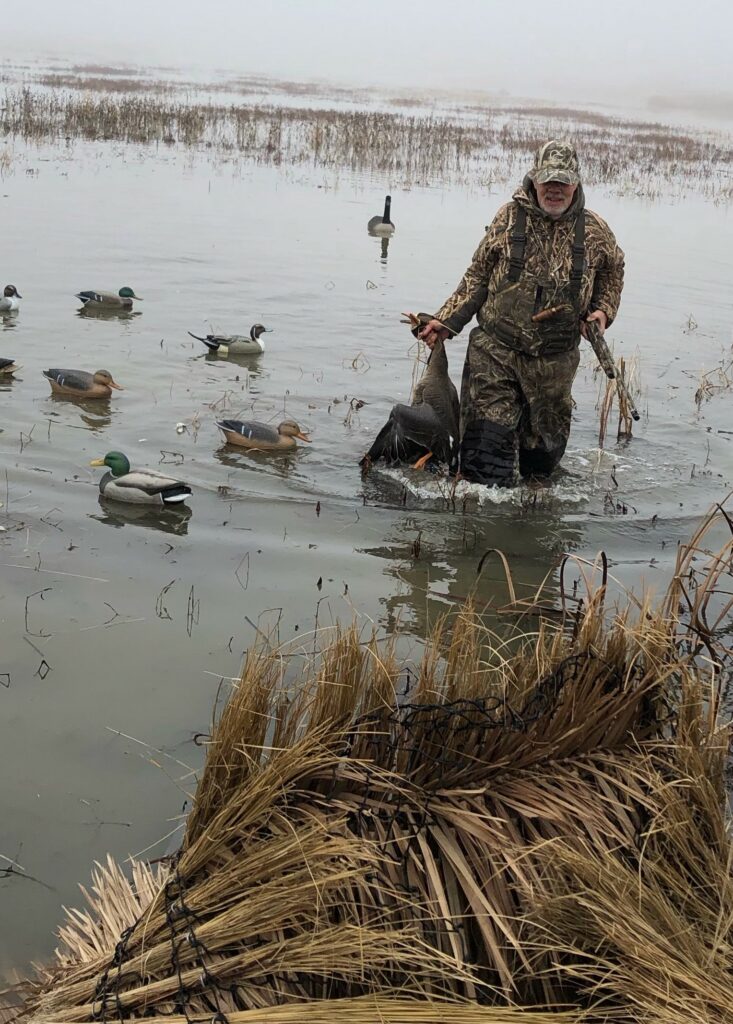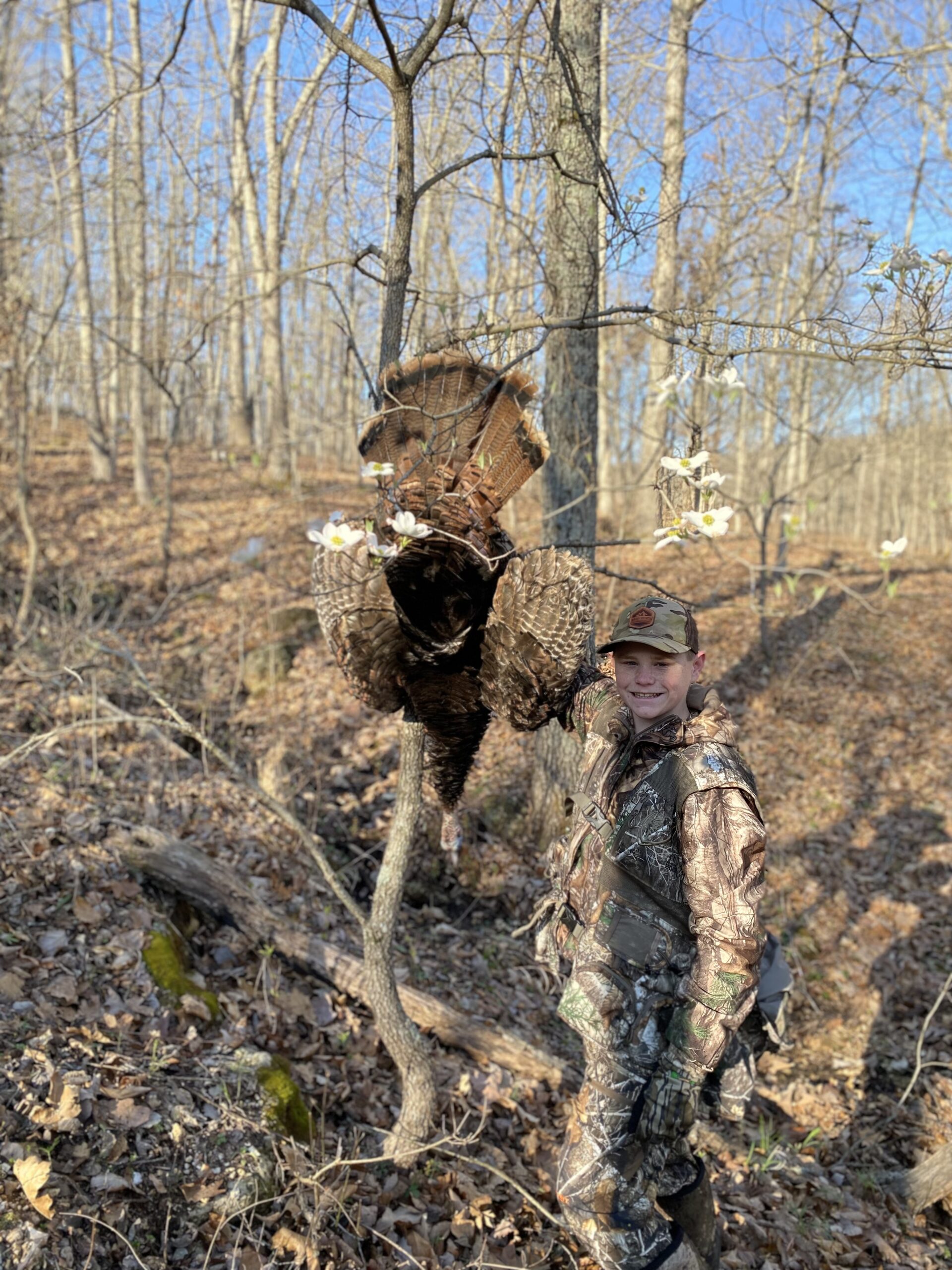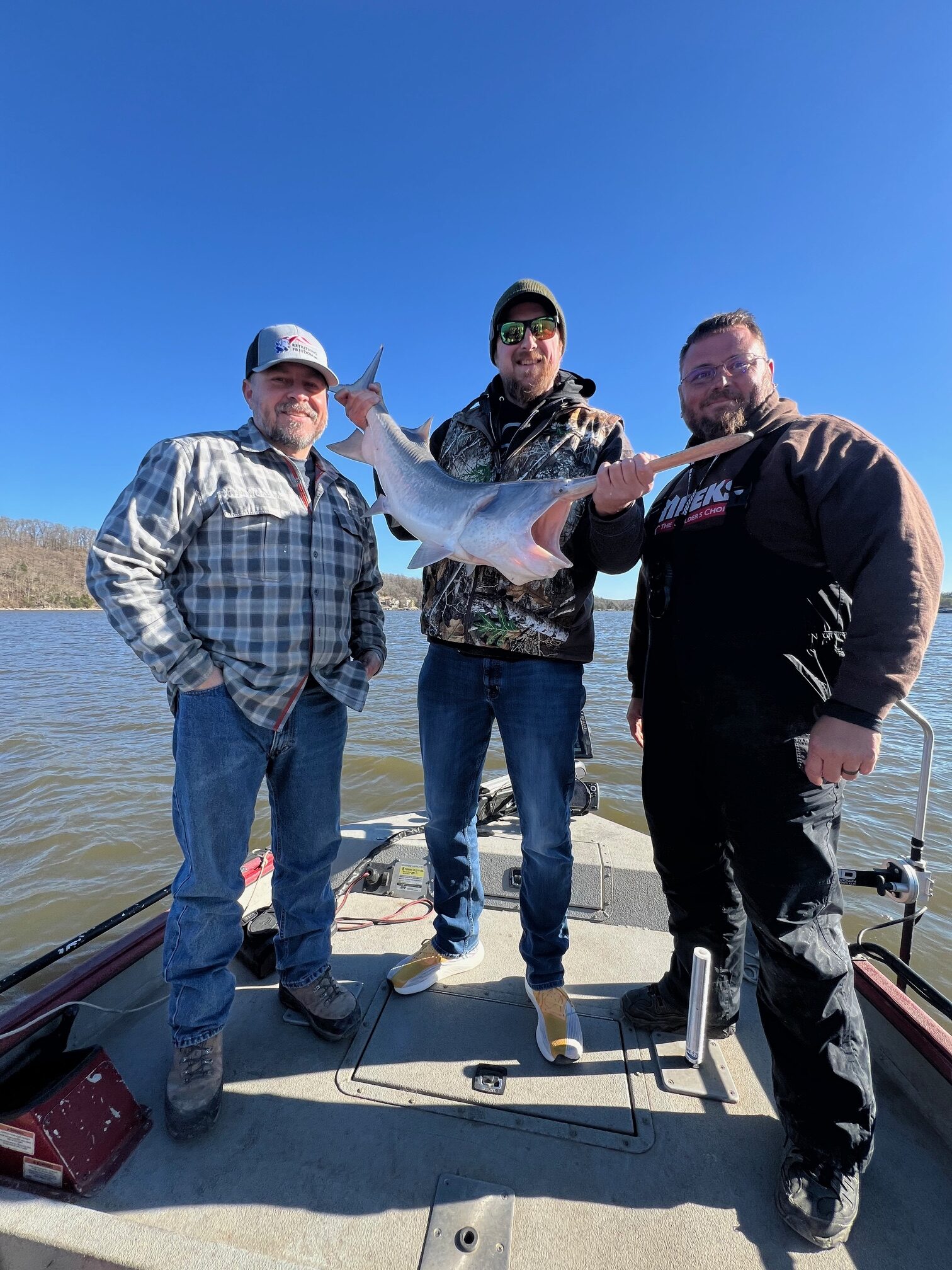There’s a boogeyman scratching at the window. He’s lurking and waiting. And maybe someday, somehow, when you least expect it, he’s coming to snatch away…the American privilege to hunt and fish.
Now never mind the time-honored traditions of hunting and fishing are deeply entrenched in American culture. Or the highly regarded North American Model of Conservation being largely constructed on a foundation of hunting and fishing. Or every state having professionals dedicated to the conservation of fish and wildlife, including game species. Or the hundreds of private organizations boasting millions of members existing for the purposes of promoting conservation including hunting, fishing, and trapping. Or hunting and fishing being a major economic force in America – think tens of thousands of jobs and billions of dollars. Or the fact many millions of Americans participate in these activities every year. Or survey after survey showing a historic unfaltering level of public support for regulated hunting and fishing.
This empire will not be easily toppled, yet the boogeyman cometh.
Fortunately, a few brave warriors of the Missouri legislature have stepped forward to save us from the inevitable. With swords drawn, they give us reasons for hope. They say we should amend the state constitution. Let’s make hunting and fishing a constitutional right, and to this end legislators are once again recycling this old, worn-out proposal.
According to Senator Denny Hoskins, sponsor of one such bill, “Anti-hunting organizations would lead the public to believe that hunting, fishing and harvesting of wildlife are only privileges subject to social pressures and prevailing public sentiments rather than an inherent right.” The Senator argues his bill will protect these American traditions.
However, contrary to the Senator’s belief, hunting and fishing are in fact privileges. Fish and wildlife resources are public trust resources; they belong to all citizens, including those who hunt, trap, and fish. And it is the citizenry at large who grant this privilege through their support of conservation by public and private means.
The late Jack Ward Thomas, a former Chief of the U.S. Forest Service, and all around pretty smart guy, once summed up this relationship nicely when he said, “In the United States, while the right to keep and bear arms is constitutionally assured, hunting is a privilege to be repeatedly earned…It is well for hunters to remember that in a democracy, privileges, which include hunting, are maintained through the approval of the public at large. Hunting must be conducted under both laws and ethical guidelines in order to ensure this approval.”
Now, to be fair, lots of folks don’t like hunting and fishing. Nothing new there. Groups like the Humane Society of the U.S. (HSUS) and People for the Ethical Treatment of Animals (PETA) ain’t no friend to hunters and anglers, and we see plenty of legal challenges by numerous other groups looking to stop certain types of hunting or over-protect certain species.
But goofy bills like these just work to further their cause by pitting conservationists like hunters and anglers against one another. The truth is these bills are little more than solutions to a fabricated problem. Motivated by concerns that hunting and fishing could someday be lost due to conflicting interests, many states have enacted some variation of this idea over the past twenty years, largely at the urging of the National Rifle Association (NRA). In fact, the language being proposed in Missouri is essentially the same as model legislation proposed by the NRA and serves to use Missouri’s constitution as a weapon in its longstanding national dispute over a variety of issues.
While these bills with all their warm apple pie feel-good appeal seem innocuous, if passed they will set the stage for conflict but not between hunters, anglers, and the boogeyman. Instead, they’ll divide the conservation community as lawyers argue over the meaning of vague, undefined, and totally unnecessary words.
One proposed amendment says citizens will have a right to hunt, fish, and harvest wildlife, and the Conservation Commission will make the rules. But no rules or regulations shall unreasonably restrict hunting, fishing, or harvesting wildlife or the use of traditional devices and methods. The proposal goes on further to enshrine additional conflicting language about conservation and the future of hunting and fishing.
So, what is an unreasonable restriction? What is a traditional device or method? Where do individual rights begin and end versus the authority of the Conservation Commission to determine appropriate methods, limits, seasons, and other rules? There are restricted methods today you might consider traditional, and there are legal methods today you certainly could argue are not traditional. Right out of the chute everything will be on the table for challenges in the courts, and the boogeyman will enjoy watching hunters and anglers eat themselves alive.
And therein lies the open door of unintended consequences – other states have enacted similar constitutional changes and subsequently, have experienced a variety of legal challenges and questions regarding the span and scope of legitimate, science-based conservation rules and regulations.
Use of words like “traditional legal means” “unreasonably restrict” “traditional devices and methods” set the stage and guarantees the battle will be among lawyers, representing other hunters and anglers, instead of the anti- hunting, trapping, and fishing groups.
In the meantime, the real boogeyman arrived years ago. His disguise can be seen in various forms – the aging faces of hunters and anglers, urban lifestyles, lack of time for recreation, youthful faces glued to video screens, team sports, and other more popular forms of outdoor recreation.
The biggest threats to hunting and fishing are not the anti- groups but rather waning participation, access to land and water, lack of mentors, public perceptions of hunting, habitat loss, climate change, and the politicizing of fish and wildlife conservation to name a few.
After more than 100 years of conservation, guided by the steady hand of fish and wildlife professionals and many grassroots conservation organizations, we have more opportunities to hunt and fish than ever before. More public land. More species. More available methods. More legal seasons.
Missouri is fortunate to have one of the premier conservation departments in the nation, staffed by top-notch professionals dedicated to and fully capable of ensuring the future of hunting and fishing are preserved for future generations. What we don’t need is legally confusing words and unnecessary proclamations of rights placed in the state constitution as a solution to a problem that doesn’t exist.
by Dan Zekor




